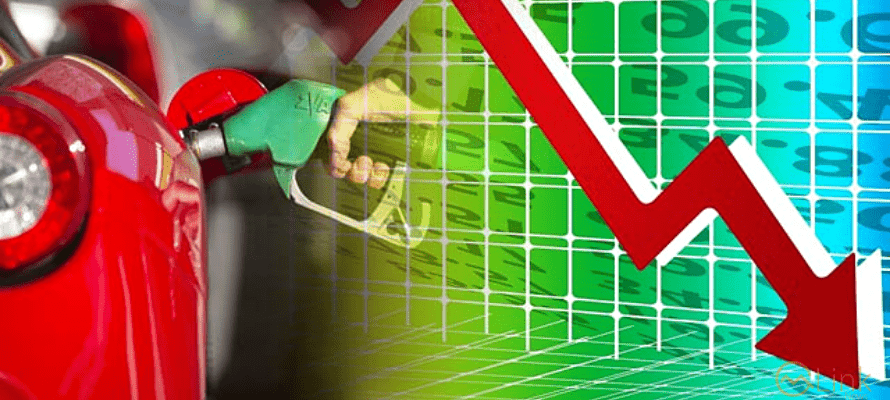ISLAMABAD – Pakistan is expected to see a drop in fuel prices by mid-September 2024. This marks the fourth consecutive relief as global oil prices continue to decline.
Table of Contents
Expected Petrol Price Reductions
Among stable exchange rates and unchanged tax policies, fuel prices are expected to drop by Rs 10 per liter for petrol and diesel. This anticipated reduction will help ease inflationary pressures, providing much-needed relief to consumers. However, this is contingent on the government not raising the petroleum levy.
Additionally, the price of light diesel has been reduced by Rs 12 per liter, while kerosene prices have been cut by Rs 11 to Rs 15 per liter

Fuel Rates in Pakistan 2024
| Product | Ex-Depot Rates |
| Petrol | Rs259.1 |
| Diesel | Rs262.75 |
Expected Fuel Rates in Pakistan
| Product | Ex-Depot Rates |
| Petrol | Around Rs255 |
| Diesel | Rs258-259 |
Factors Shaping the Global Oil Market
The government reduced petroleum prices as global oil prices saw a sharp 8.5% drop, falling from USD 79.39 per barrel on August 30, 2024, to USD 72.67 per barrel. This significant decline signals a shift in global energy markets, offering relief to oil-importing countries like Pakistan.
Global Oil Market Influences
Fuel price changes are closely linked to global oil market developments. Recently, Brent crude futures have hit their lowest level since December 2021, settling at $69.19 per barrel. This decline is primarily attributed to a revised down forecast from OPEC+ regarding global oil demand for this year and 2025. Specifically, the forecast for global demand has been lowered from 1.78 to 1.74 million barrels per day, which has contributed to the price decrease.
Similarly, U.S. West Texas Intermediate (WTI) crude futures have fallen, now at $65.75 per barrel, marking a drop of 4.31%. Additionally, Asian refiners have reported decreased margins, driven by a surge in diesel and gasoline supplies.
Consequently, the final decision on lowering fuel prices will be made after analyzing market trends from September 12 to 14. These adjustments reflect a broader trend of easing fuel prices, driven by the current global market conditions.
READ ALSO: Saudi Arabia’s Epic Boeing 777 Road Trip: From Jeddah to Riyadh for Runway 2024

